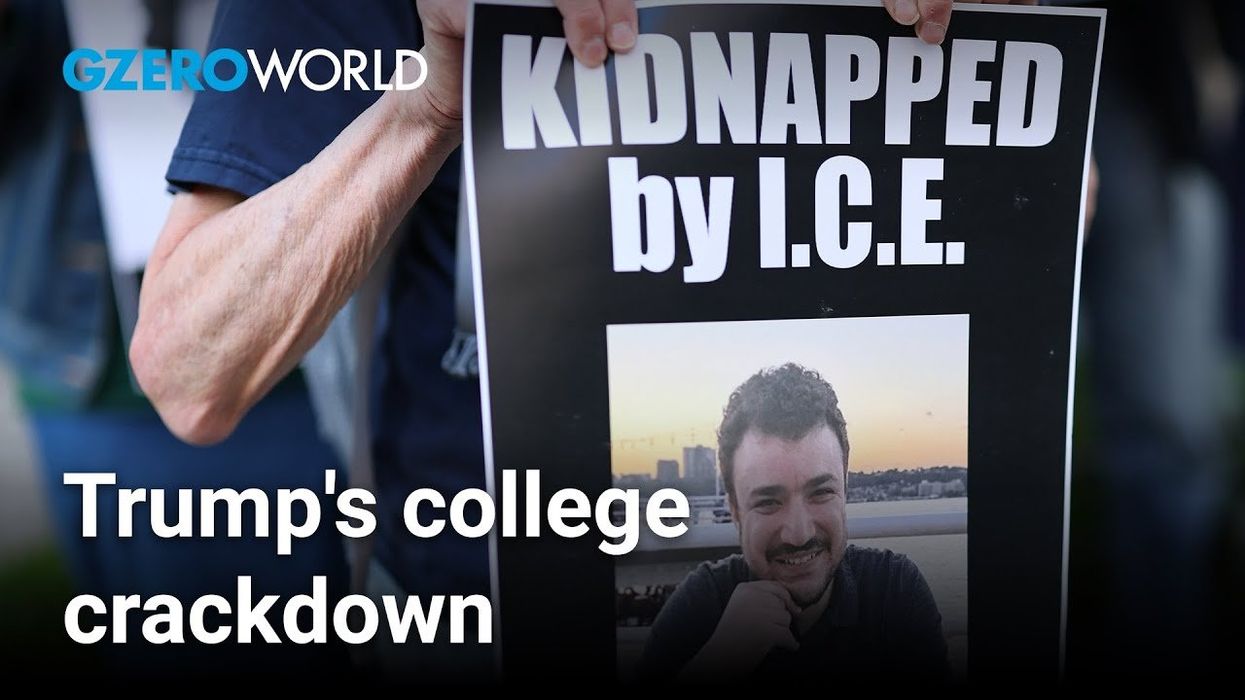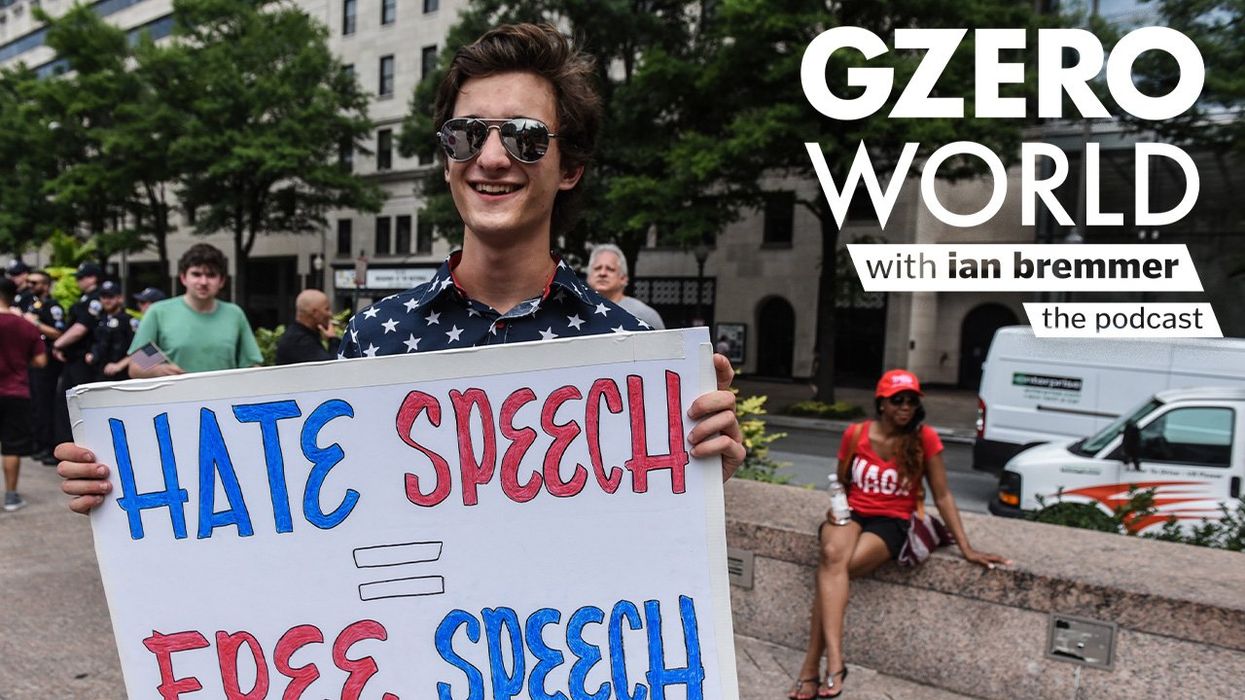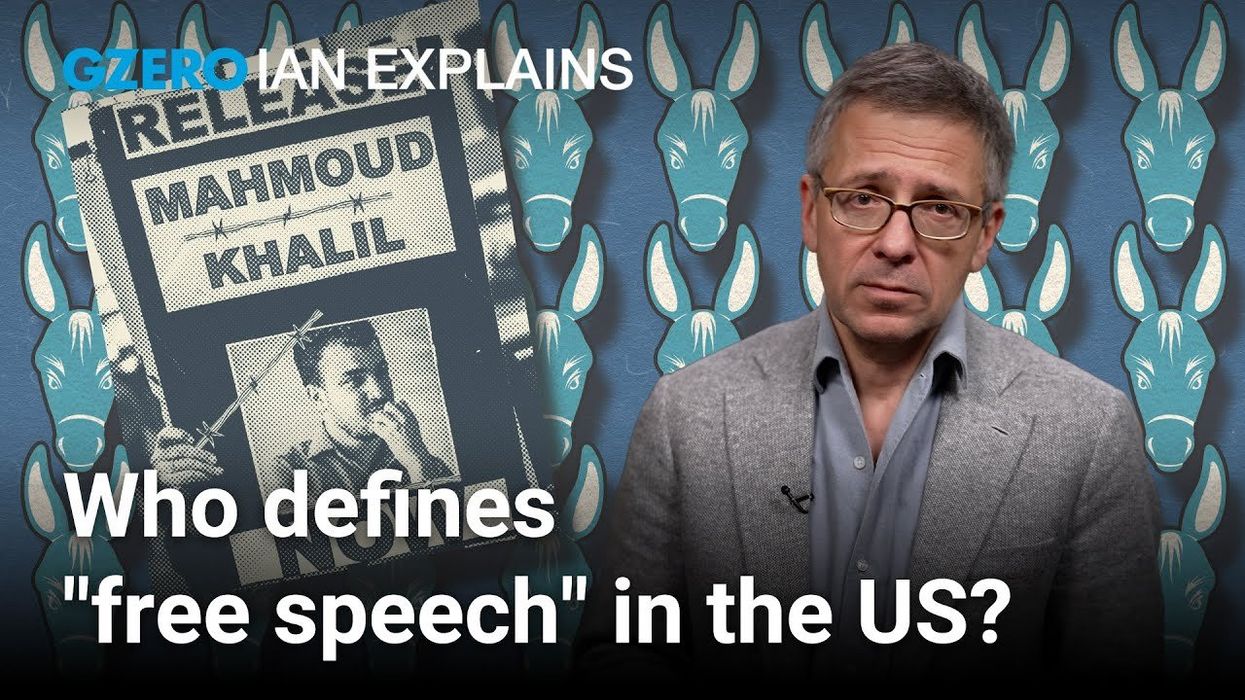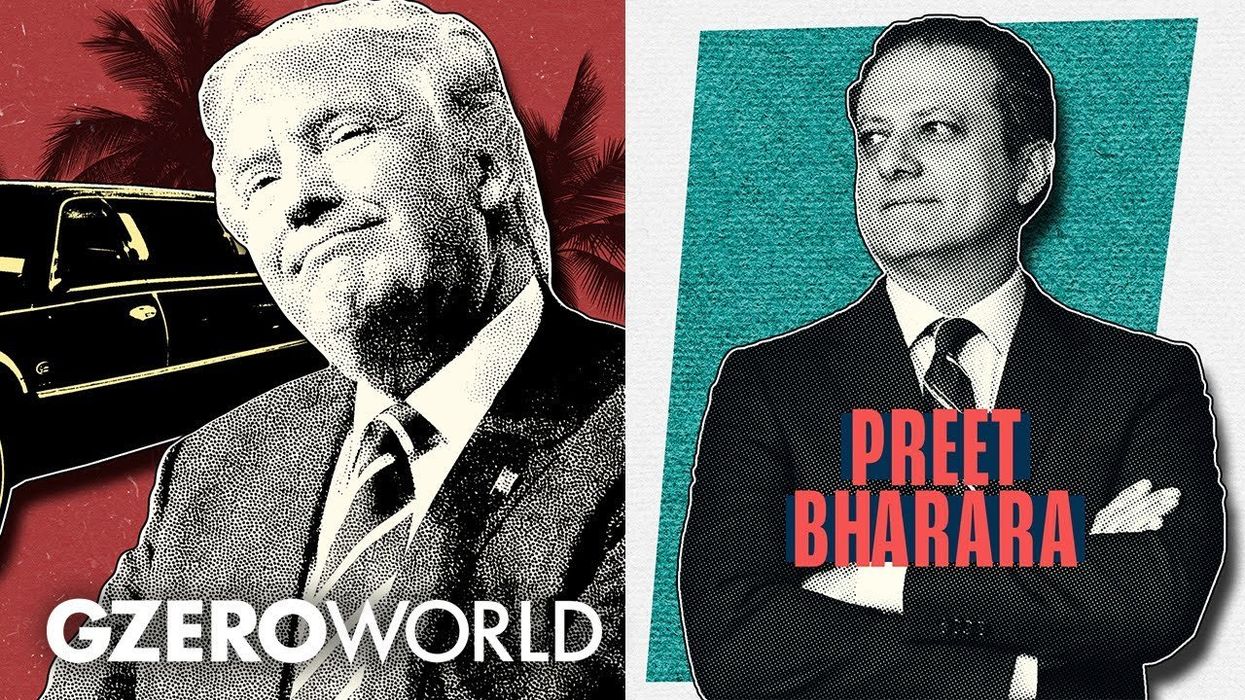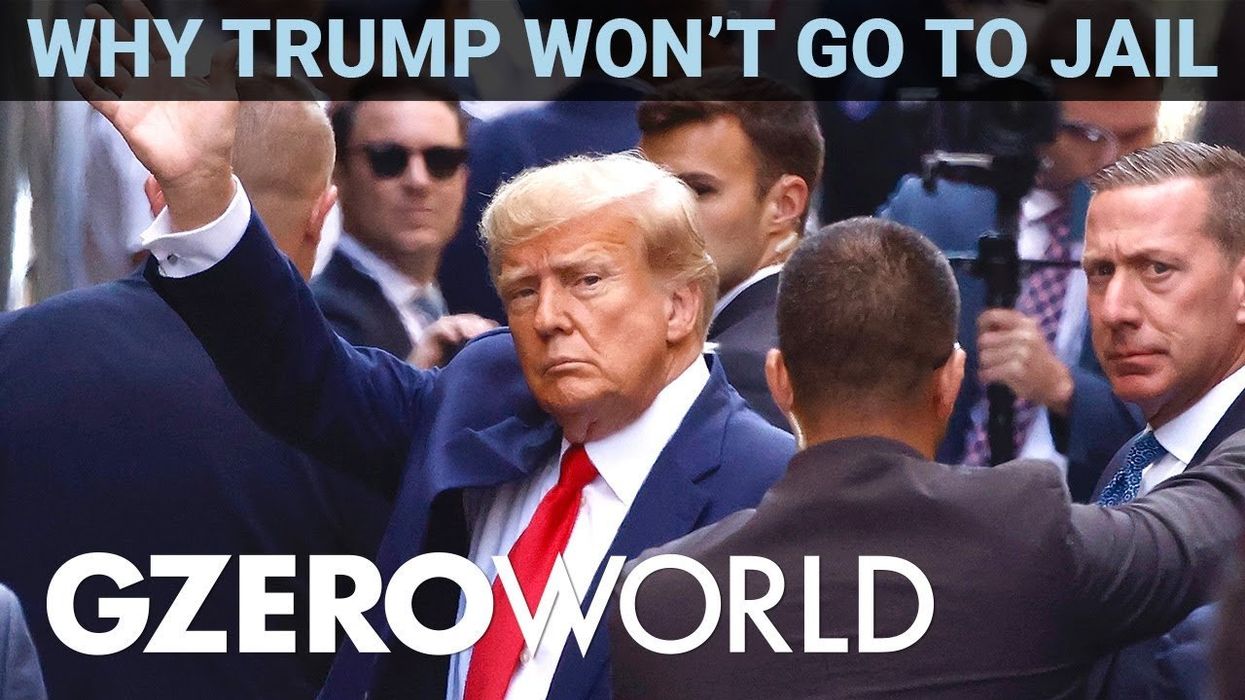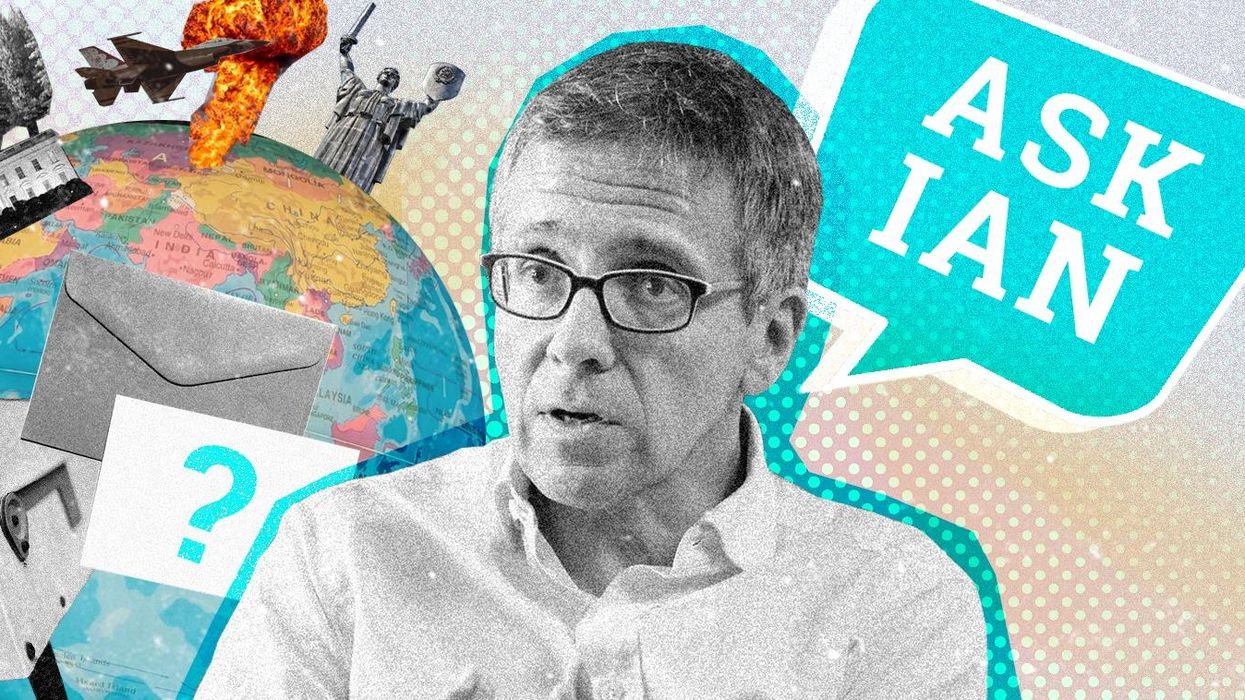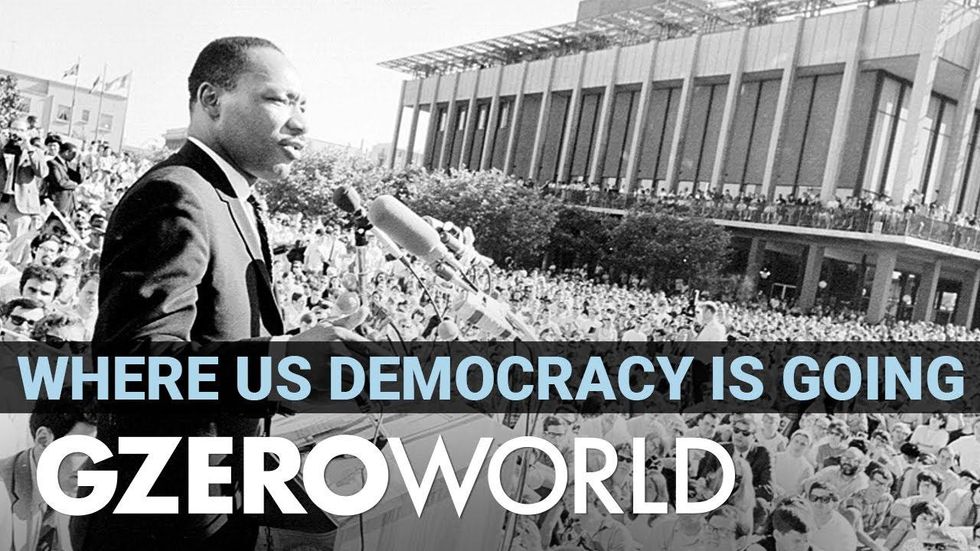Quick Take
America’s short-term wins vs. long-term risks
The US economy looks unstoppable, with booming markets, surging productivity, and foreign investment pouring in. In this Quick Take, Ian Bremmer warns that short-term success may hide long-term dangers.
Oct 06, 2025



